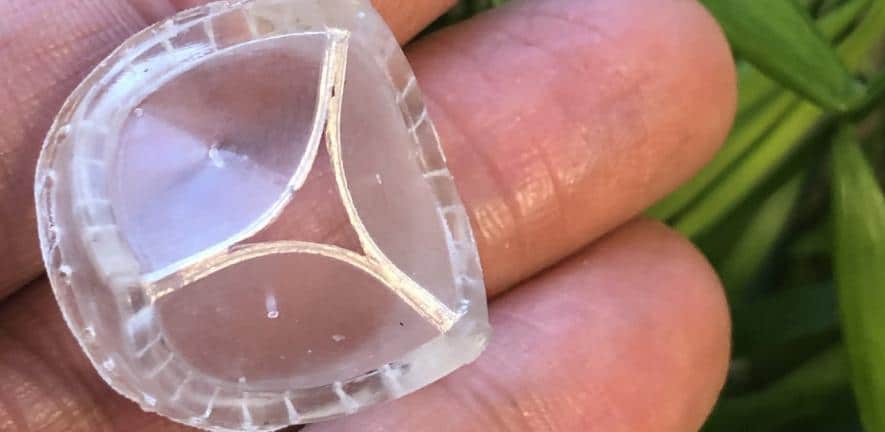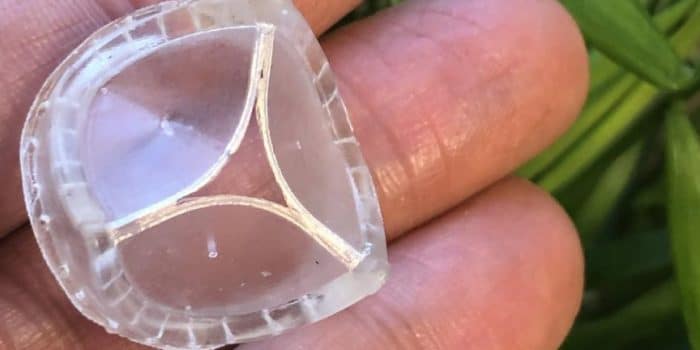This is PoliValve, and it has been developed by a team of scientists at the Universities of Cambridge and Bristol. The latest vitro results by the team have been published in the journal Biomaterials Science, and they suggest that the PoliValve is capable of lasting for up to 25 years in patients much longer than any other sort of replacement heart valves that are available. A small pilot study conducted on sheep has also proven that the valve is extremely compatible with biological tissue. The researchers are hopeful that PoliValve can be tested in humans within five years.

Over 1.3 million patients diagnosed with diseased heart valves require valve replacement in the world each year. As of right now, there are two kinds of artificial valves that are available. Bother of these have their limitations in terms of their biocompatibility and durability. Biological valves are crafted from pig or cow tissues and possess good biocompatibility implying that patients do not require lifelong blood-thinning medication. However, these valves have a life of 10-12 years only. The mechanical valves, although they offer good durability, possess poor biocompatibility, and patients must administer blood-thinning drugs, thus preventing blood clots.

Professor Geoff Moggridge from the University of Cambridge and Professor Raimondo Ascione from the University of Bristol have invested three years conducting developmental work and conducting tests on PoliValve while being supported by funding that came from British Heart Foundation. The device has been created using a special co-polymer and has been designed to be like a natural heart valve. It was created by Professor Moggridge, Dr. Marta Serrani, and Dr. Joanna Stasiak at Cambridge and Professor Ascione in Bristol. It has been based on earlier work that was done by Professor Maria Laura Costantino’s group at the University of Milan.

Professor Moggridge, who leads the Structural Materials Group at Cambridge’s Department of Chemical Engineering and Biotechnology, said, ‘These impressive results show the PoliValve is a promising alternative for valve replacement surgery. While further testing is needed, we think it could make a major difference to the hundreds of thousands of patients who get valve replacement surgery every year.’

Professor Sir Nilesh Samani, Medical Director at the British Heart Foundation, said, ‘Patients requiring an artificial heart valve are often faced with the dilemma of choosing between a metallic or tissue valve replacement. A metallic valve is long-lasting but requires the patient to take lifelong blood-thinning drugs. Although this medication prevents clots from forming on the valve, it also increases the risk of serious bleeding. Patients who have a tissue valve replacement usually don’t need to take this medication. However, the valve is less durable and means the patient may face further surgery. The polymer valve combines the benefits of both – it is durable and would not require the need for blood-thinning drugs. While further testing is needed before this valve can be used in patients, this is a promising development, and the BHF is pleased to have supported this research.’


